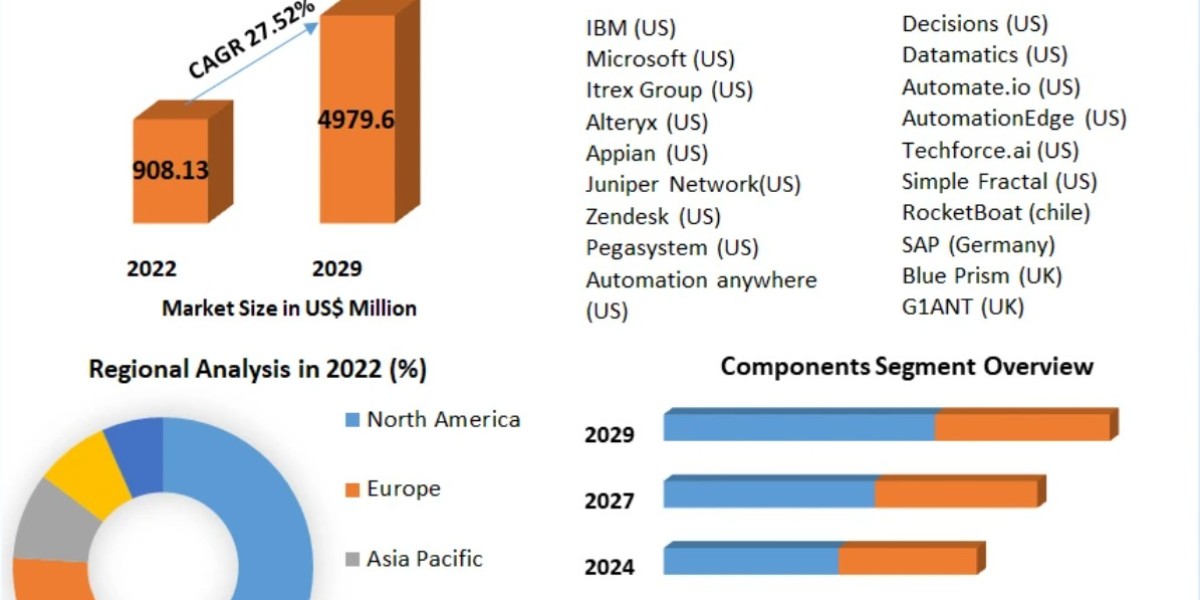Houston continues to be a thriving center for entrepreneurship, with thousands of small businesses driving innovation, employment, and economic growth across the region. From tech startups to retail shops and service-based companies, these businesses face unique challenges in managing operations efficiently. One of the most critical yet often overlooked components is payroll management. For small business owners, understanding how many paychecks in a year and how many pay periods in a year is essential for smooth payroll processing and accurate financial planning.
The Importance of Payroll for Small Businesses
Payroll is not just about cutting checks or direct depositing wages. It involves complex processes like tax withholdings, benefit deductions, overtime calculations, and ensuring compliance with labor laws. Mistakes in payroll can result in legal issues, tax penalties, and employee dissatisfaction—outcomes no small business can afford.
Houston small business services often include professional payroll support to help business owners streamline these processes. These services ensure accuracy, save time, and allow business owners to focus on growth instead of paperwork.
How Many Paychecks in a Year?
The number of paychecks an employee receives annually depends on the pay schedule a business adopts. In the U.S., most businesses choose from four standard payroll frequencies:
Weekly: Employees receive 52 paychecks in a year (once per week).
Bi-Weekly: Employees are paid every two weeks, resulting in 26 paychecks in a year.
Semi-Monthly: Payments are issued twice a month, typically on the 15th and last day, totaling 24 paychecks in a year.
Monthly: A single paycheck is issued each month, adding up to 12 paychecks annually.
Each schedule has its pros and cons. For instance, bi-weekly pay periods often result in two months with three paydays, which can affect benefit deductions and budgeting if not properly accounted for. This is why small businesses must carefully consider their cash flow, employee preferences, and administrative capacity when choosing a payroll cycle.
When asking “how many paychecks in a year,” business owners must also consider how that affects annual budgeting, employee expectations, and payroll tax schedules.
How Many Pay Periods in a Year?
Closely tied to the above is the concept of how many pay periods in a year. A pay period is the recurring schedule on which employees are paid, and the number varies depending on the payment frequency:
Weekly: 52 pay periods
Bi-Weekly: 26 pay periods
Semi-Monthly: 24 pay periods
Monthly: 12 pay periods
Understanding how many pay periods in a year is crucial when setting up employee compensation, benefits accrual, and tax withholding systems. Misalignment between pay periods and benefit deductions (like health insurance or retirement plans) can lead to confusion and accounting discrepancies.
Houston Small Business Services: Tailored Payroll Support
Houston is home to a wide array of small business service providers that specialize in payroll and accounting. These professionals offer customized solutions that include:
Payroll processing and compliance
Direct deposit setup
Tax filing and reporting
Time and attendance tracking
Benefits administration
New hire onboarding and employee classification
These services are especially helpful for small businesses that don’t have a dedicated HR or finance department. With local expertise and an understanding of Texas employment laws, Houston payroll professionals ensure businesses remain compliant and efficient.
Benefits of Outsourcing Payroll Services in Houston
Compliance: Stay updated with changing IRS regulations and Texas employment laws.
Time Savings: Free up time to focus on business development and operations.
Accuracy: Reduce errors in tax withholdings, deductions, and pay calculations.
Employee Satisfaction: Timely and accurate pay builds trust and retains talent.
Scalability: Easily adapt your payroll system as your business grows.
By leveraging local Houston small business services, companies can ensure they handle payroll effectively without unnecessary stress or legal risks.
Tips for Managing Payroll Effectively
Choose the Right Payroll Frequency: Evaluate your cash flow and employee needs before selecting a schedule.
Automate Where Possible: Use payroll software or outsource to reduce manual errors.
Stay Current with Laws: Payroll laws change often; stay compliant to avoid fines.
Track Hours Accurately: For hourly employees, precise time tracking is critical.
Maintain Records: Keep payroll records for at least four years for audit purposes.
Conclusion
Managing payroll can be one of the most complex parts of running a small business, but it’s also one of the most vital. Understanding how many paychecks in a year and how many pay periods in a year allows Houston small businesses to plan better, stay compliant, and maintain employee satisfaction.
With the support of trusted Houston small business services, entrepreneurs can simplify payroll management, reduce errors, and focus more energy on growing their business. Whether you’re launching a new company or looking to improve your existing operations, investing in reliable payroll support is a smart and strategic move.








